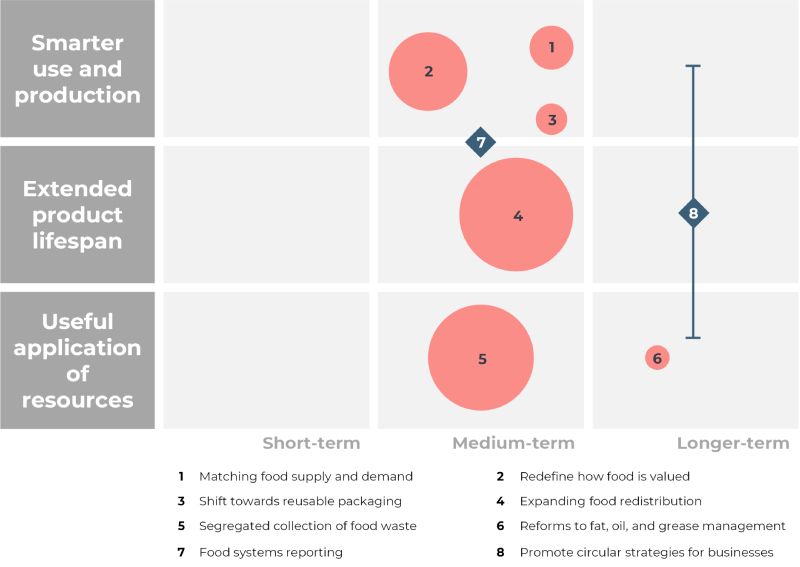Biffa, along with its consultancy partner WSP, has developed a framework approach for assessing circularity and identifying opportunities for circular change
)
The UK economy and infrastructure has been developed around a linear system of material consumption. To become more circular and reduce the reliance on virgin resources, society needs to adapt how it meets demand. This means transforming technology, infrastructure, legislation, and behaviour around resource and waste management – all interdependent areas, where expansion or development in any one area relies on complimentary expansion or development in the others.
Identifying options for circular change and plotting the correct path forward can be challenging, and initial research has revealed gaps in the modelling and analysis of the UK circular economy. While there is various analysis into the macro view of material flows, there is little available on the relative impact of making changes to improve circularity within specific target material streams at a granular level.
To tackle this, a framework approach was created which can be applied to specific material streams, but also scaled to whole sectors or individual products. This framework consists of five main components:
-
Identification of barriers preventing circular change;
-
Outlining intervention opportunities;
-
An assessment of the timeframes for implementation;
-
Highlighting of the relative, potential impact in either waste avoided or better captured for processing / use; and
-
The conditions required for each intervention to be successfully implemented.
The veracity and applicability of this approach was tested against two material streams with which Biffa has existing experience and familiarity: plastic packaging, and food.
The analysis concluded that there are material specific interventions that can create meaningful change, such as standardising materials use for plastic packaging products and further expanding the use and development of food redistribution models. Alongside this, there are wider industry level changes that can support in implementing circular change, such as better data capture and sharing, more collaboration for universal benefit, and further focus on upstream opportunities beyond waste management and recycling. More details on the findings and conclusions from Biffa and WSP’s analysis can be found at the following link:
https://www.biffa.co.uk/campaigns/waste-net-zero-2024

.png)
Join WSP & Biffa at the Resource & Waste Management Expo (RWM Expo) for a deep dive into pivotal environmental topics.
This key event features over 200 sessions in key sectors like Net Zero, Energy from Waste, Sustainability, and consulting services. It's an essential platform for those keen to engage with the latest sustainable trends and innovations. Discover the future of resource solutions at the RWM Expo.


